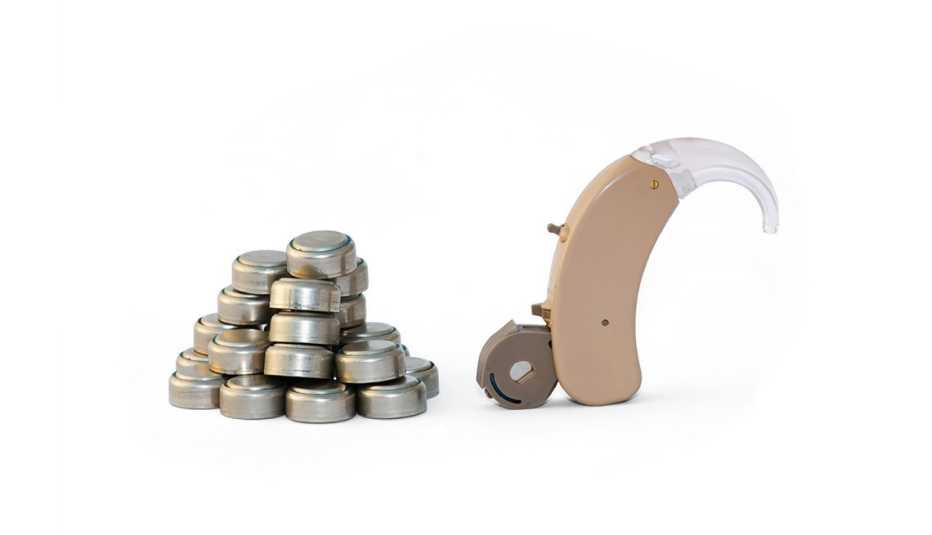Staying Fit


There are few things more annoying than the unexpected beep in your ear that means your hearing aid battery is about to go dead. This is especially true if you don't happen to have any spares.
Even in controlled studies, the life of a hearing aid battery has proven unpredictable. A 2013 report on wireless hearing aids in Audiology Online found that the real-life performance of most of the batteries tested deviated significantly from the standardized measurements reported by the manufacturers.


AARP Membership— $12 for your first year when you sign up for Automatic Renewal
Get instant access to members-only products and hundreds of discounts, a free second membership, and a subscription to AARP the Magazine.
A battery for larger or non-wireless hearing aids may last two weeks, while another one for smaller or wireless hearing aids may last just two or three days. In some cases, the battery may be defective, but battery life also depends on the kind of hearing aid you have, how you use it, the kind of batteries you buy, and the assistive-listening devices you may use.
Among the factors that reduce battery viability are the kind of features that come with high-end hearing aids, such as feedback canceling and noise reduction programs. The real battery sapper, however, is wireless streaming. Audiology Online found that the difference between consumption during "normal" use and in streaming mode was nearly double. For instance, if you are using your hearing aid to stream the audio from your TV, your battery is likely to go dead twice as fast. Adding to the confusion, however, is the fact that this varies depending on the device being used.
Here are some tips for getting longer life out of your batteries — and saving money.

































































More on Health
Easy, Enjoyable Ways to Boost Heart Health and Lower Blood Pressure
How just stretching, taking baths or enjoying your coffee could lower your risk of heart attack and stroke